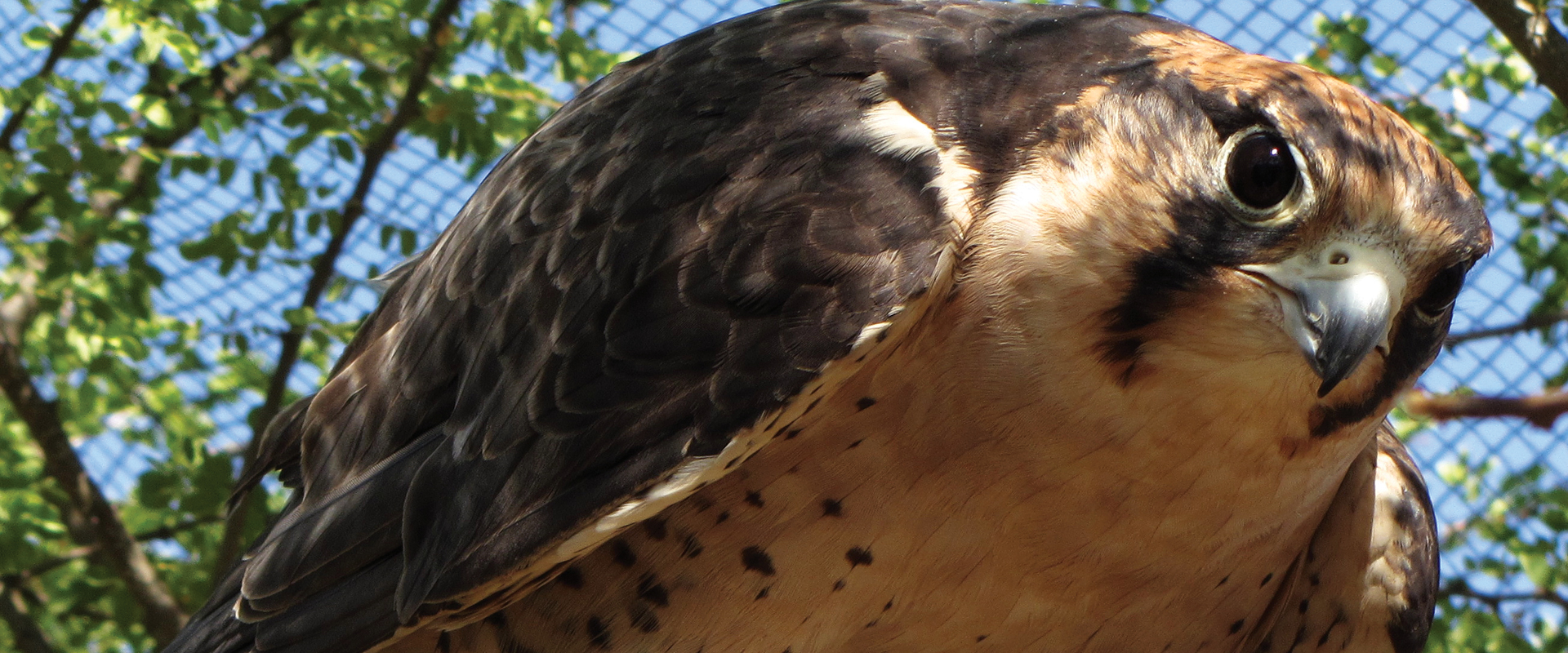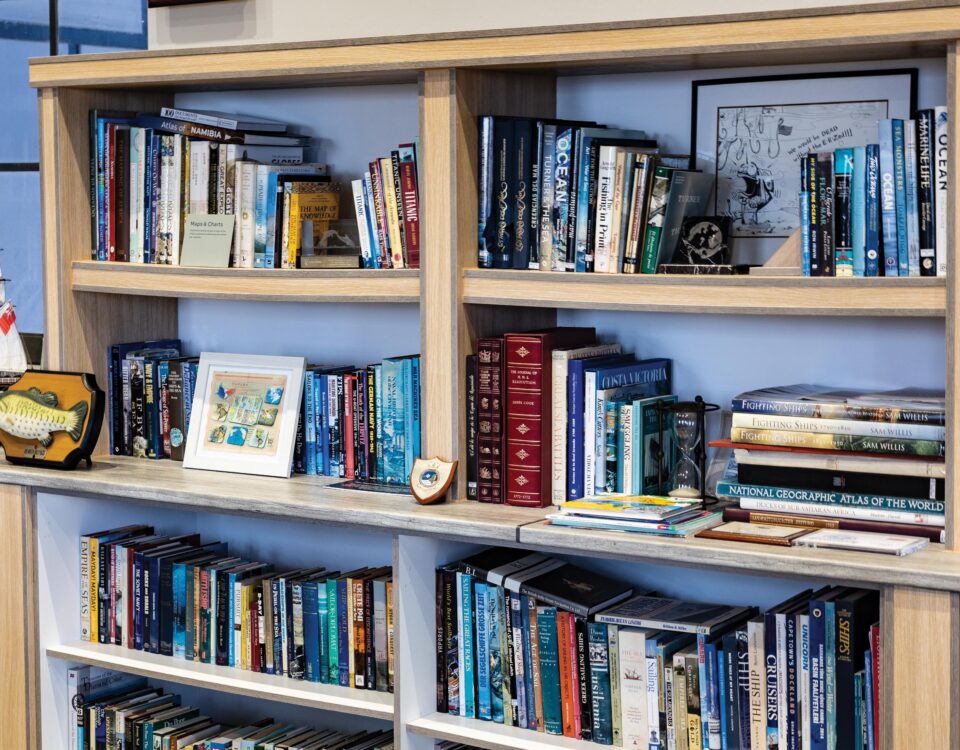
Namibia Animal Rehabilitation, Research and Education Centre
June 28, 2016
Support the endangered wild dog
July 1, 2016[vc_row][vc_column][vc_column_text]
Although Namibia is generally regarded as one of Africa’s cleanest countries, there are nevertheless many areas, both rural and urban, where a great deal of littering and serious pollution is evident. This is not only unsightly, but poses serious health risks. Bertchen Kochs of Earthlife Namibia believes emphatically in the words of Chief Seattle, “the earth does not belong to man, man belongs to the Earth.” The only viable solution to Namibia’s ever-increasing garbage problem, she says, along with waste reduction, is recycling.
[/vc_column_text][/vc_column][/vc_row][vc_row][vc_column][vc_column_text]
W aste minimisation, which should stop most municipal waste management plans but is sadly lacking in Namibia, is the most important management technique to be applied to solid wastes. To date, no national waste management plan has been formulated, and there is a serious lack of public and industrial commitment to reducing, reusing and recycling waste matter. Until specific legislation for waste management and clear municipal policies have been established and are enforced, recycling efforts in the country will remain small and largely ineffectual.
Why recycle?
Recycling lowers energy consumption, decreases pollution, conserves natural resources, reduces the amount of land needed for waste dumps and creates jobs. By recycling water, paper, plastic, glass and metal, we can make a positive contribution to the environment. While dumping or incineration are methods of waste removal, recycling returns waste matter to the production process, resulting in the recycling of materials to produce new items.
Recycling is not the final solution to waste management. Reduction of waste and polluting substances must become priority, and can be achieved only through public awareness, pressure and a change in lifestyle.
The Municipality of Windhoek recycles water for human consumption. Semi-purified water is used for irrigation of sport fields, parks and cemeteries. The present cost of reclaimed water compares favourably to the bulk purchase price of water from Namwater.
Although recycling of waste goods has been practiced in Namibia for many years, the public participation necessary for its success is still low. Recycling relies on a positive attitude from the public, which can be attained through continued education and promotion. However, it is believed that communities will eventually adopt a more responsible stance towards the disposal of recyclable material.
Since Namibia has no legislation which forces people to recycle goods, incentives need to be given, particularly to industries, to reduce waste materials at source. There are, however, several Namibian entrepreneurs who recycle materials in an attempt to alleviate littering and create income. The scarcity of water, however, is a limiting factor and all materials collected and separated for recycling are currently trucked to South Africa. This is extremely costly and requires large amounts of expensive fuel.
What can be collected for recycling?
According to the Solid Waste Management Division of the Windhoek Municipality, 3000 tons of waste is produced in Namibia every day. The highest amount of waste comes from food products, followed by paper and cardboard, garden refuse, textiles and plastics. Many of these items are recyclable.
Materials such as paper, cardboard, books, magazines, newsprint, plastic, glass bottles and containers, tins and various metals, batteries, garden refuse and other organic materials should be separated and made available for recycling.
Composting
Composting is the easiest, most economical and earthy way of recycling, and produces valuable and cheap nutrients for gardens. Compost is made by using organic matter from kitchen and garden refuse. The largest part of our total garbage comes from food products. This, together with the huge volume of garden refuse dumped at sites around Windhoek, could be put to better use.
Recycling of glass
Glass is 100% recyclable. Used glass containers can be continuously recycled without producing unwanted by-products. Compared to producing glass from raw material, recycling of glass reduces air pollution and mining waste as well as the demand on water and energy.
Entrepreneurs sort collected glass into colours, then crush it into minute fragments known as cullet. This is then transported to South Africa where it is recycled. Bottle banks were introduced into Windhoek, Swakopmund, Walvis Bay and Rehoboth many years ago. Most towns in Namibia have collection points for glass, cans and paper, and collectors are usually paid for their delivery, contributing to a modest regular income for many unemployed people.
Paper and paper products
During paper production, wet cellulose fibres from wood (trees) bind together as they dry. paper recycling simply reverses this process – cellulose is made wet so that the fibres are separated and can be reconstituted. It is estimated that between 10 and 17 large trees are needed to manufacture one ton of paper, so recycling used paper saves a lot of trees.
Paper recyclers generally request the public to separate their waste paper into office paper, magazines, newsprint and cardboard before delivery. All types need different preparation for being recycled.
Tins and other metals
All metals are recyclable, including car bodies, sledgehammers and food cans. Metal is separated into different categories before being recycled into various steel products.
Plastics – the biggest scourge
Plastics are an environmental hazard, because they need a long time to decompose. They disfigure the landscape by hanging like huge, ugly flowers in thorn trees, they clog rivers, lakes and seashore, and in many cases kill animals and plant life.
Plastics are particularly difficult to recycle, ad the many different types of plastics make separation laborious. In Namibia the only effort at recycling plastics is a small recycling plant which produces soft and hard plastic sheeting used for wrapping beer cartons. These are purchased from Namibia Breweries, Namibia Beverages, other companies and private collectors.
Recommendations
Although recycling s important, reduction of waste should also be a long-term goal. Government and NGOs will need to work with industry to phase out the non-returnable bottles and containers. Strict “polluter pays” principles that have been extremely effective in other countries should be implemented and householders must be given fiscal incentives to reduce, reuse and recycle their waste. Until such time as these measures are instituted, householders can make a positive contribution by:
- Keeping paper to be discarded for writing of rough notes;
- Using recycled paper where possible;
- Taking a container when buying take-away meals; and
- Using cloth bags instead of plastic bags – a variety of attractive cloth bags are available in most supermarkets.
We should all share the responsibility of creating a clean and healthy environment now and for future generations. Please do your share and participate in the recycling process.
[/vc_column_text][/vc_column][/vc_row][vc_row][vc_column][vc_column_text]
CONTACTS
Recycling needs more public participation to make it viable. While small amounts of waste should be delivered to collectors, large amounts will be collected from private residences and businesses.
MOVE A MESS is the only company that collects various recyclable materials such as glass and paper products, plastic and cans. Phone (+264 61) 22 3452.
COLLECT A CAN, (CAC) recovers all types of cans in the interests of a sustainable environment. Phone (+264 61) 23 0006.
RENT A DRUM distributes free clear plastic bags to households in certain areas in the capital city, Windhoek. Households can separate their recyclables from general waste and place all their recyclable waste (paper, plastic, glass and tins) into one clear bag. They also provide 210L metal bins and remove garden refuse and heavy refuse in small quantities from residential premises not catered for by the City of Windhoek. Phone (+264 61) 244 097.
[/vc_column_text][/vc_column][/vc_row][vc_row][vc_column][vc_column_text]
This article was first published in the Conservation and the Environment in Namibia 2001 issue (information has been adapted accordingly).
[/vc_column_text][/vc_column][/vc_row]


